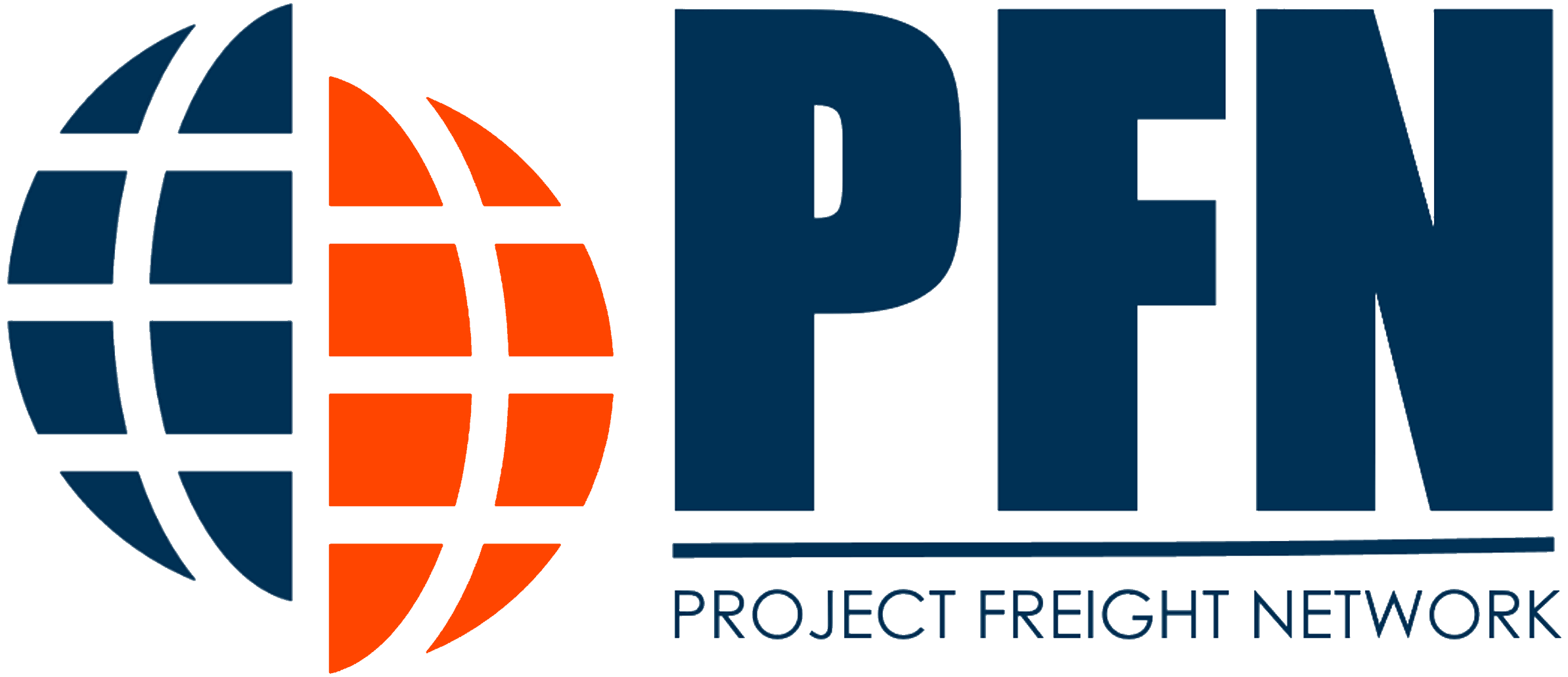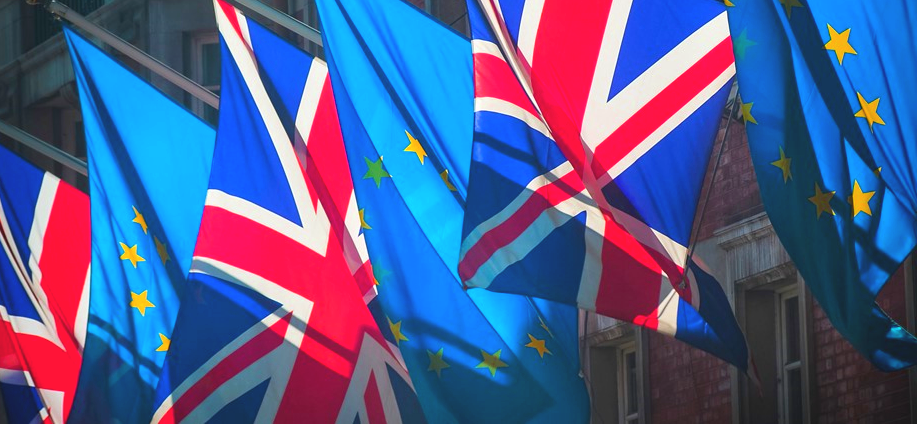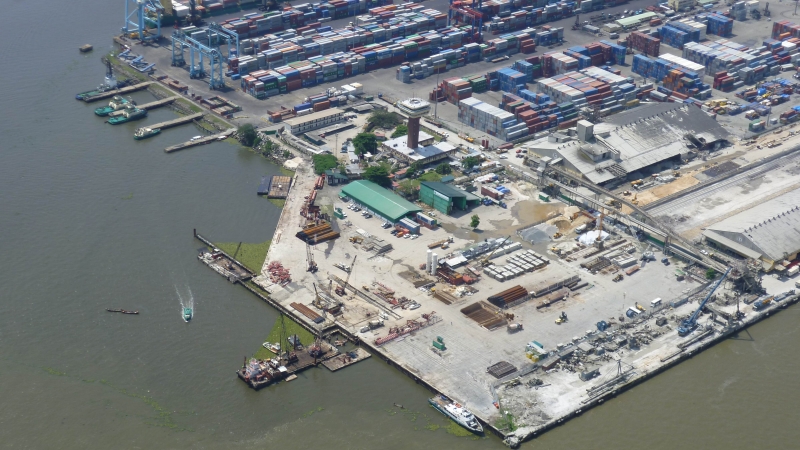The European Union (“EU”) and the United Kingdom (“UK”) have during the past year negotiated the terms of a new deal, EU-UK Trade and Cooperation Agreement (“the Agreement”), to govern the future relation between EU and UK. Even though EU and UK have agreed on a trade deal, it is important to remember that UK should be treated as a third country in terms of trade. This has already taken place from the 1st January 2021 where UK officially has left the EU Single Market, Customs Union, and all EU policies.
EU and UK emphasize that while the Agreement will not be on the same level as the agreement that existed while UK was an EU member, it consists of significant benefits compared to traditional trade agreements under World Trade Organization terms. The Agreement preserves the longstanding friendship and cooperation going forward, but the Agreement also reflects the fact that UK will no longer benefit from the free movement of persons, goods, services, and capital within the EU and therefore it is important to understand and comply with the new regulations.
Some of the main points in the Agreement and some preparation tips for the unavoidable changes is listed below:
Custom duty
The Agreement provides zero tariffs and quotas on all goods when trading between EU and UK, if the products comply with the necessary rules of origin requirements which is described in the origin protocol in the Agreement.
For further elaboration of the rules of origin, see below link to the Agreement:
The EU-UK Trade and Cooperation Agreement
Custom declarations
Even though the Agreement provides several benefits, compare to a “no-deal” all export and import require customs declaration both in EU and UK from 1st of January 2021. Import and export declaration in UK needs be submitted to HMRC (Her Majesty’s Revenue and Customs) and in EU it needs be submitted to the national customs authority with information’s about customs value, commodity code, country of origin, customs procedure code, consignor, consignee etc. You can either do it yourself, use a broker or use a forwarder.
The GOV.UK published an updated version of the “Boarder Operating Model”, describing the formalities for export, import and transit to and from UK from 1 January 2021.
See below link for information:
The Border with the European Union
UKCA marking
UK have introduced its own product requirements which include an alternative to the CE marking, the UKCA marking (UK Conformity Assessed). UKCA marking indicates that a product applies with the UK legislation within safety, health, or the environment.
The UKCA marking came into effect on 1 January 2021, but businesses are allowed to use the CE marking until 1 January 2022 in most cases and it does cover most of the goods which previously required the CE marking.
See below link for more information about the UKCA marking: https://www.gov.uk/guidance/using-the-ukca-marking
EORI Number
Since the UK now is considered as a third country, it is necessary for companies who have not traded with a third country before, to get an Economic Operators Registration and Identification number (EORI) to be able to trade between EU and UK.
If your company is already exporting to countries outside the EU (third country), your company would already be export-registered with the authorities and export would proceed as usual to such countries.
You can apply for an EORI number here: The Border with the European Union
Border control
No one can foresee the impact of the border controls, so be prepared, delays can occur at the boarders after January 1st 2021. In connection, delays can also occur in the delivery time of your transportation, but everything will be established in order to minimize delays.
Below you will find a list of other useful links
- The EU-UK Trade and Cooperation Agreement
- Overview of EU-UK Trade and Cooperation Agreement
- Details on importing: How to import goods into Great Britain from EU countries
- Details on exporting: How to export good from Great Britain into EU countries
- Details on customs: https://www.gov.uk/topic/business-tax/import-export
This information is supplied without liability.
Source: https://www.scangl.com/news/brexit-update-january-2021/






